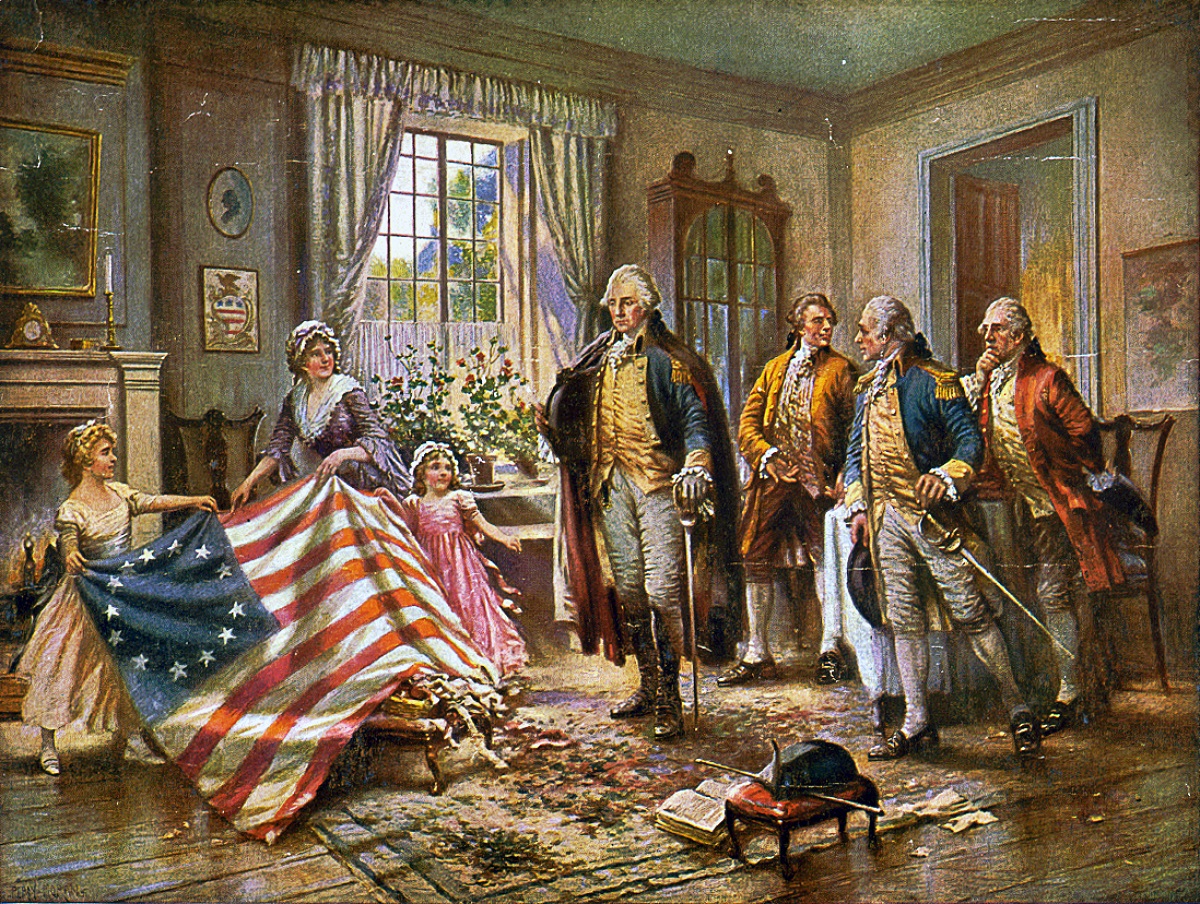The 1776 Report demonstrates a more sophisticated grasp of history than that of its critics.
Higher Education Counteroffensive

The Martin Center punches far above its weight.
America needs a higher education policy institute in each state. Another way to put that is, we need 50 Martin Centers.
The James G. Martin Center for Academic Renewal in North Carolina has done good work for 20 years to promote higher education reform in North Carolina. Their own account of what they’ve done shows their range and effect:
- Inspiring new university policies on institutional neutrality, student fees, performance funding, transparency, and partisan activities.
- Informing discussions in Washington, D.C. on student loans and grants by testifying before Congress.
- Informing legislation on free speech, students’ religious freedom, board governance, and viewpoint diversity—in North Carolina and beyond.
- Writing model legislation ending political litmus tests that has been used across the country.
- Ending discrimination against men in North Carolina universities by filing complaints with the Office for Civil Rights.
- Holding schools of education accountable for teaching the science of literacy to North Carolina’s future teachers.
- Exposing wasteful and politicized university spending to inform North Carolina’s budget priorities, including strategic cuts to higher education.
- Making the UNC System the best in the country for student speech protections.
North Carolina’s new accreditation reform law, which requires North Carolina’s public universities to switch accreditors each accreditation cycle, also owes to the Martin Center’s advocacy for such reforms; so too does obtaining state funding for the new School of Civic Life and Leadership at UNC-Chapel Hill. And the Martin Center’s collated “Blueprints for Reform” provides practical guidance on a slew of higher education policies.
This is the fruit of dedicated work—and not by an enormous number of people. After 20 years of growth, the Martin Center has just eight members on staff. In 2022, its revenue was about $650,000, and its total assets less than $1 million. A relatively small organization of dedicated personnel has had an outsize effect on North Carolina’s higher education policy. Indeed, because the Martin Center publishes articles on higher education policy throughout the nation, it has had an effect not only on North Carolina but on the entire United States.
Policy institutes are vitally important for getting policy to be enacted into law. They are an essential link between the public and policymakers, and an equally necessary means of determining policy priorities. The general public may know that something is wrong, but they don’t necessarily know what will solve what’s wrong. Policy institutes not only publicize problems but also provide solutions. As legislators face an extraordinary number of competing priorities, these institutes catch their attention and submit workable solutions for their consideration.
This is even more the case for tradition-minded policy reform. Radical policymakers maintain a hegemony over virtually the entire higher education sector, benefiting not only from possessing a superfluity of resources but also a chain of well-funded policy institutes. Academic institutions, including taxpayer-funded public universities, are an additional vehicle that these radical policy institutes utilize. The small group of tradition-minded institutes must serve as a counterweight not only to their formal peers but also to a massive proportion of America’s professoriate.
Traditional higher education policy institutes also can serve as training grounds for government service. We need education reformers who can serve in state and federal education departments and carry out the detailed administrative work necessary to redeem our education system. A corps of 50 state policy institutes would prepare a generation of reformers for effective government service.
The mission for our generation, in education and throughout civil society, is to create new institutions that can challenge and eventually replace existing ones that are captured and corrupted by a radicalized, illiberal elite. Every institution we must create is vital, and it is difficult to select priorities. But state policy reform should be among our highest priorities, since the state governors and legislatures are the strongest remaining uncaptured power centers in the United States. State policy institutes are an essential means to inform state policymakers how they may act most effectively for education policy reform, and to rally each state’s public to support that reform.
We need 50 Martin Centers, and we need them now.
The American Mind presents a range of perspectives. Views are writers’ own and do not necessarily represent those of The Claremont Institute.
The American Mind is a publication of the Claremont Institute, a non-profit 501(c)(3) organization, dedicated to restoring the principles of the American Founding to their rightful, preeminent authority in our national life. Interested in supporting our work? Gifts to the Claremont Institute are tax-deductible.
The president has got to make a decision.
Higher education’s parasitic infrastructure must be eradicated before a healthy system can be established.
Education reformers should avoid funding institutes that sacrifice principle for hollow bipartisanship.
A bold plan for education reformers.
Further steps to take in getting politics out of our schools






